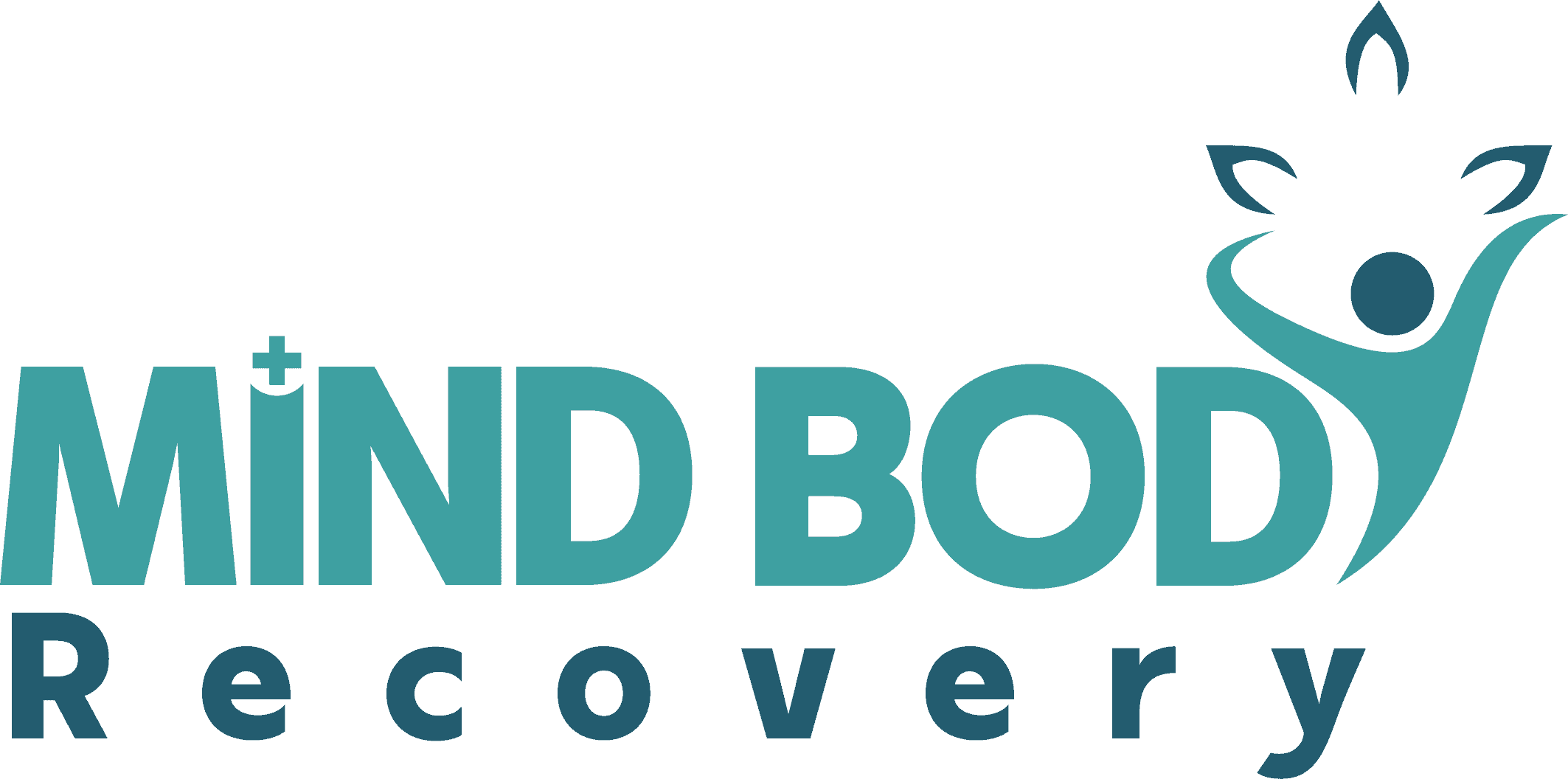this is not my original material… it’s written by Maggie McCracken. I find it so simple and so true. Enjoy the article and try some of these ideas to cope with fears.

Fear is a very intense emotion and can drive people to do all kinds of unhealthy things. From the fear of being alone to the fear of commitment, fear can span a spectrum, and its roots go much deeper than we may realize.
For some of us, a fear of abandonment can arise from an unstable childhood, leading to codependent behavior in adulthood. For others, a similar childhood situation might lead to a completely opposite response, such as the fear of getting close to others. Even if you don’t have traumatic issues from your past to contend with, fear is an emotion that warrants some self-work. Even something as seemingly innocuous as a fear of career failure can lead to overworking and poor family relationships.
You get the picture: Fear can drive us to do things that we would rather not, and it can cloud our opinions of who we are. Are we really codependent partners, commitment-phobes and workaholics? Or do we just think we are because we’re reacting to long-held fears on a daily basis?
No matter what role fear is currently playing in your life, try these five self-care practices to help yourself release it.
Journaling
If you have started to realize that fear is driving you to a particular behavior, congratulations: You’ve become aware of your knee-jerk reaction to fear, which is a tremendous step toward improving your behavior. The next step is to figure out why you’re having this reaction, and a great way to do this it to journal about our fears.
Love This? Never Miss Another Story.
Each evening, take five to ten minutes to journal about what anxieties or worries plagued you throughout the day. Did you worry about working fewer than 10 hours at the office because you were scared your boss wouldn’t see you as a dedicated employee? Did you get unreasonably jealous when your partner spent time with her friends?
Whatever the situation was, ask yourself why you felt this way. Were you feeling neglected? Unloved? Unsuccessful? Afraid of criticism? Over time, start to recognize the patterns.
Once you’ve identified these patterns, it’s time to evaluate why you have a tendency to feel the way you do. Think about times that these feelings manifested themselves in your life. Are these resurfacing issues from your childhood? Perhaps they relate to a previous relationship that turned out to be unhealthy or even abusive. Once you understand on a deeper level why you have the fears you do, you’ll be more able to deal with them in a healthier way.
Exposure
For some of us, our fears aren’t as deep-seated as emotionally devastating pasts. Some of us, for example, may have a fear of eating unhealthy foods (orthorexia) or a fear of not being in control. If this is the case for you, expose yourself to your fears in a supportive environment so that, over time, you can become accustomed to dealing with that fear in your life.
For example, if you fear being out of control, try allowing your partner to do the grocery shopping or to clean the house. Don’t criticize if his or her work doesn’t live up to your standards. Over time, it will get easier — by exposing yourself to things that make you anxious or uncomfortable, you will become acclimated to these situations over time.
Talking About It
Depending on what it is that you fear, you may want to consider enlisting the help of a trained therapist. Therapy can be a fantastic way to work through deep-seated fears and is especially necessary if your fears and anxieties are diminishing your relationships or quality of life.
If your fear is something you’re comfortable talking about to a friend, partner or family member, then do that. Sometimes, saying our fears out loud is exactly what we need to do in order to realize that the thing we dread is actually less scary than we originally thought.
Sitting With It
If your fears are rooted in a deeply traumatic experience, I recommend only taking this step in the presence of a trained professional. But otherwise, simply sitting quietly with your fear can be a fantastic way to train your brain to deal with it rationally, instead of manically.
Take a quiet seat in a meditation corner, in a church, out in nature or anywhere else where you feel calm. Close your eyes. Start to inhale and exhale deeply, attempting to clear your mind. Once you feel relaxed, call your fear into your mind. Don’t think about it, describe it verbally or judge it — just let it sit there. Notice if it triggers a physical response somewhere in your body. Do you get an empty feeling in your stomach? Pain in your heart? Whatever the feeling is, just notice it.
Now, practice accepting everything as-is. Don’t try to fight the fear, just notice how it feels and realize that there’s no need to fear the fear itself. It’s just a physical reaction — it doesn’t define you. Allow it to simply be.
Visualization
Finally, visualizing your greatest fears in a healthy, supportive environment can help you deal with them. Again, this is only appropriate if your fears are not tied to true traumas.
Visualize the thing you fear coming to occurrence, but also imagine an aura of acceptance and bright light. Much like sitting with your fear, seeing your fear in your mind’s eye is the first step to realizing that your fear is no big deal. Simply see it in your imagination, breathe deeply, and visualize hope and bright light surrounding you. Over time, the thing that once scared you will seem less and less frightening as you realize that no matter what happens, everything is inherently okay.

